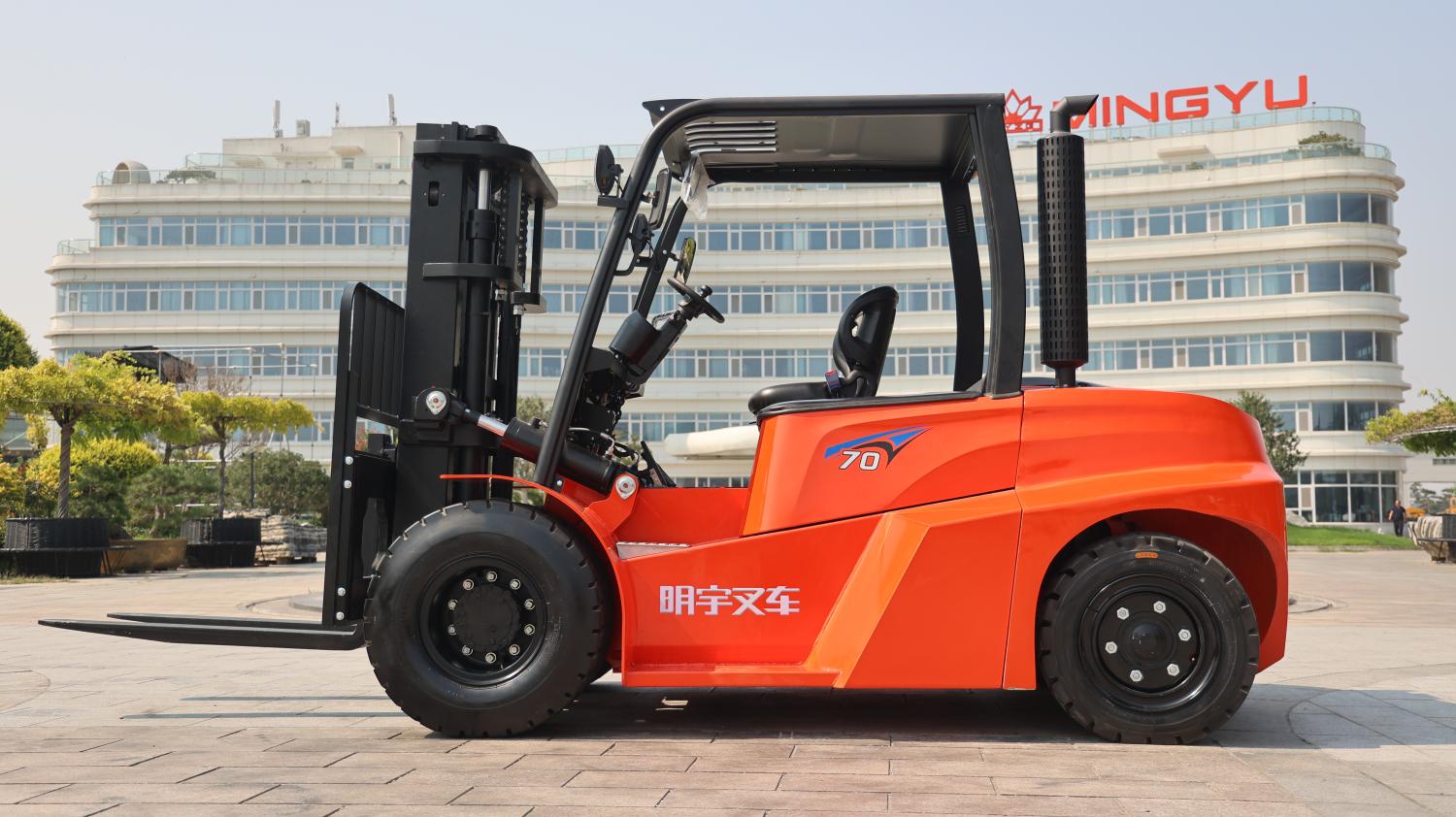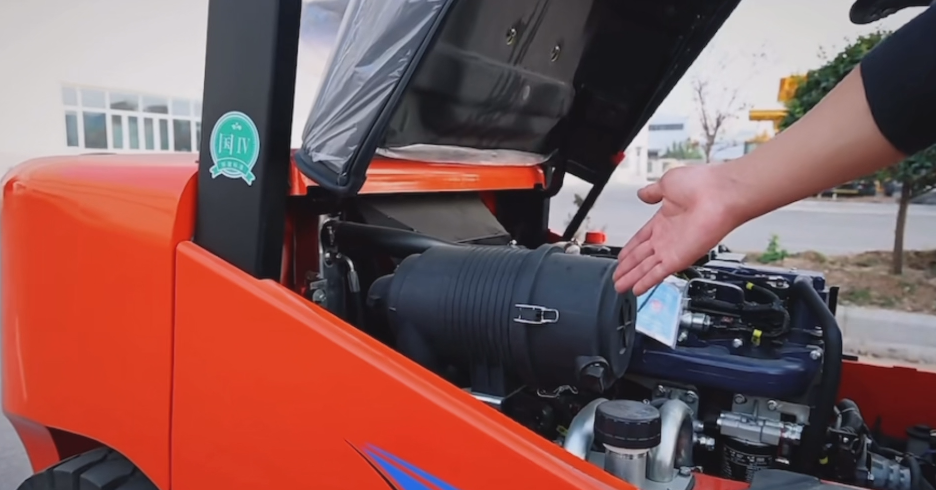Diesel forklifts are indispensable tools in various industries, from warehousing and logistics to construction and manufacturing. While these powerful machines offer efficiency and productivity, their operation demands careful attention to safety and environmental considerations. A crucial aspect of responsible forklift usage is knowing when to turn the engine off.

Understanding Diesel Forklifts
A diesel forklift is a heavy-duty vehicle equipped with a diesel engine, hydraulic systems, and forks for lifting and transporting materials. The diesel engine, the heart of the forklift, converts the chemical energy in diesel fuel into mechanical energy, powering the vehicle's hydraulic systems and wheels.
Why Turn Off a Diesel Forklift?
Safety Considerations:
- Accidental Movement: Leaving a forklift running, even in neutral, increases the risk of accidental movement, which can lead to collisions, property damage, and injuries.
- Fire Hazards: A running engine generates heat, which, combined with the presence of flammable fluids and materials in a warehouse or workshop, can create a fire risk.
- Injury Prevention: Turning off the engine reduces the likelihood of accidents caused by sudden movements or operator error.
Environmental Impact:
- Reducing Emissions: Diesel engines emit pollutants, including carbon dioxide, nitrogen oxides, and particulate matter. By turning off the engine when not in use, operators can help reduce these emissions and improve air quality.
- Conserving Fuel: Idling a diesel engine wastes fuel. Turning it off saves fuel and reduces operational costs.

Engine Longevity:
- Minimizing Wear and Tear: Frequent starts and stops can accelerate engine wear. By turning off the engine, operators can extend its lifespan and reduce the need for costly repairs.
Workplace Regulations:
- Adherence to Industry Standards: Many industries have specific regulations regarding forklift operation, including requirements for turning off the engine when not in use.
- Compliance with Safety Protocols: Following safety protocols helps prevent accidents and ensures a safe working environment.
When to Turn Off
- During Breaks and Lunch: Even short periods of inactivity can add up to significant fuel consumption and emissions. Turning off the engine during breaks and lunch periods is a simple way to save fuel and reduce environmental impact.
- At the End of a Shift: Before leaving the forklift, ensure it's parked in a safe location, the parking brake is engaged, and the engine is turned off. This prevents unauthorized use and potential accidents.
- During Maintenance and Repairs: Turning off the engine is crucial during maintenance and repair work to prevent accidents and ensure the safety of technicians.
- In Case of Emergencies: If an emergency arises, such as a fire or spill, immediately turn off the engine and evacuate the area.
Best Practices for Forklift Operation
- Proper Training: Operators should undergo comprehensive training to understand the safe operation of diesel forklifts, including proper startup, shutdown, and emergency procedures.
- Regular Maintenance: Regular maintenance, including oil changes, filter replacements, and tire inspections, is essential to keep the forklift in optimal condition.
- Safe Operating Procedures: Always follow manufacturer's guidelines and workplace safety protocols. Avoid distractions, and be aware of your surroundings.
Post time:Nov.21.2024
